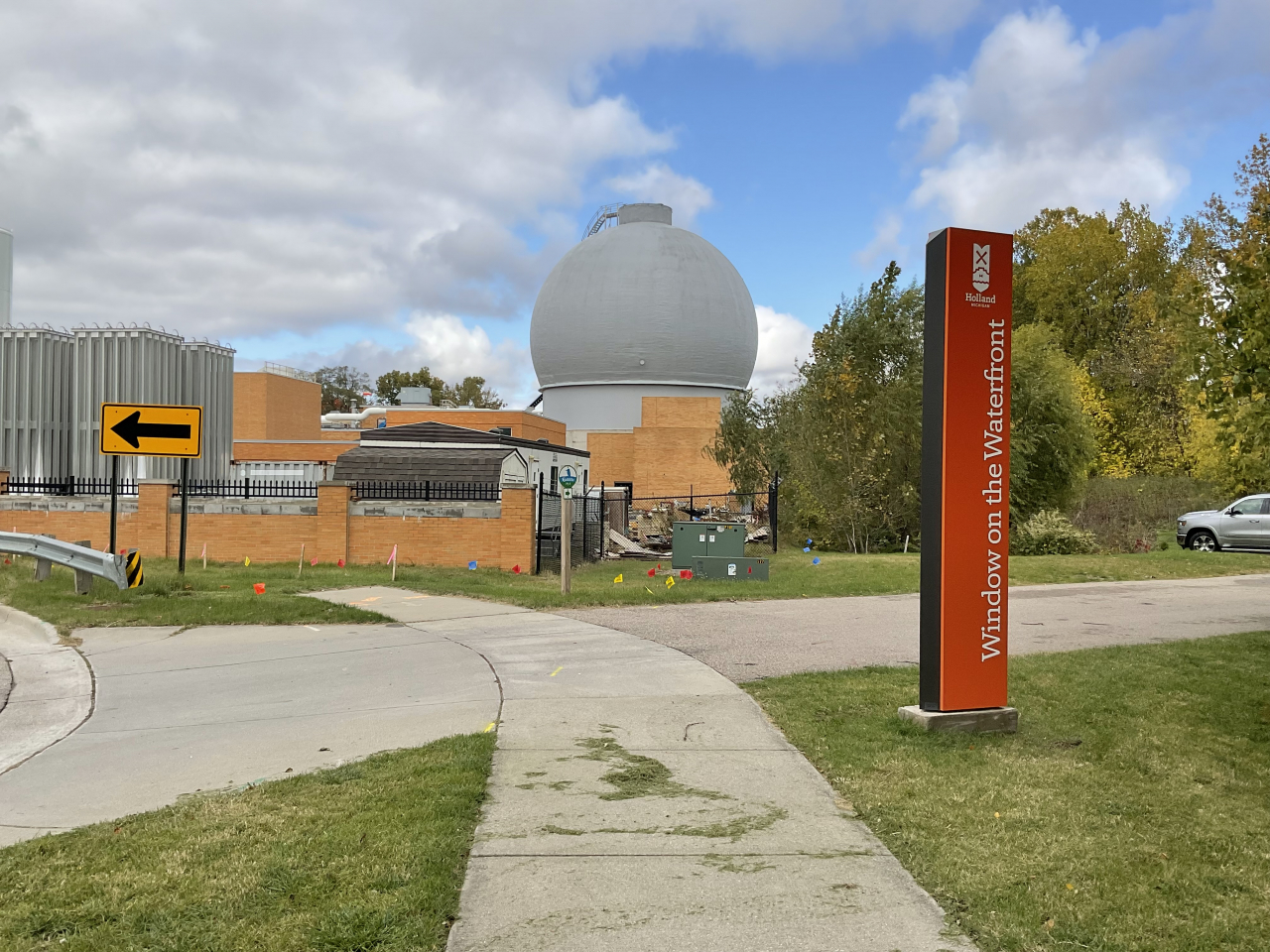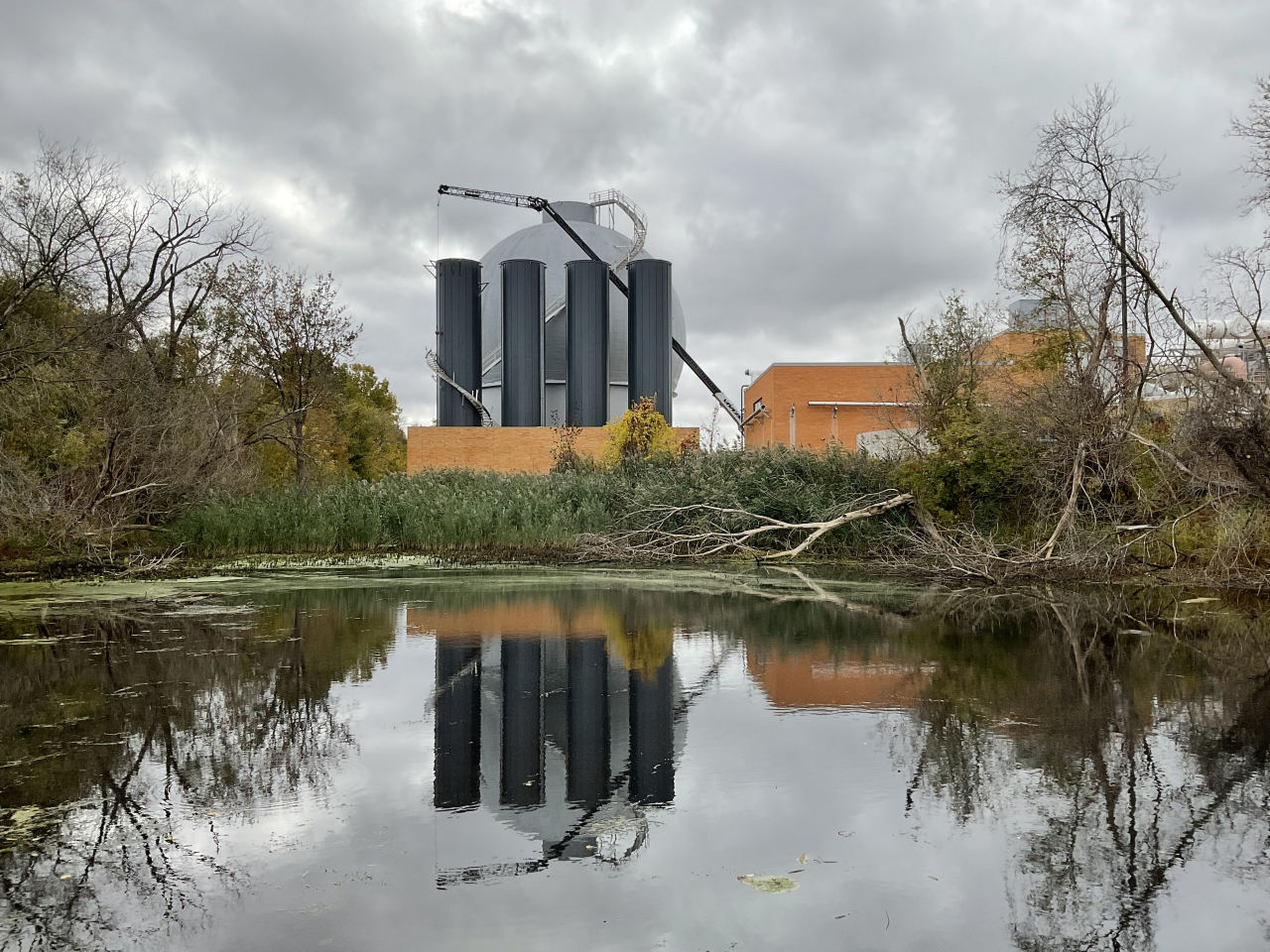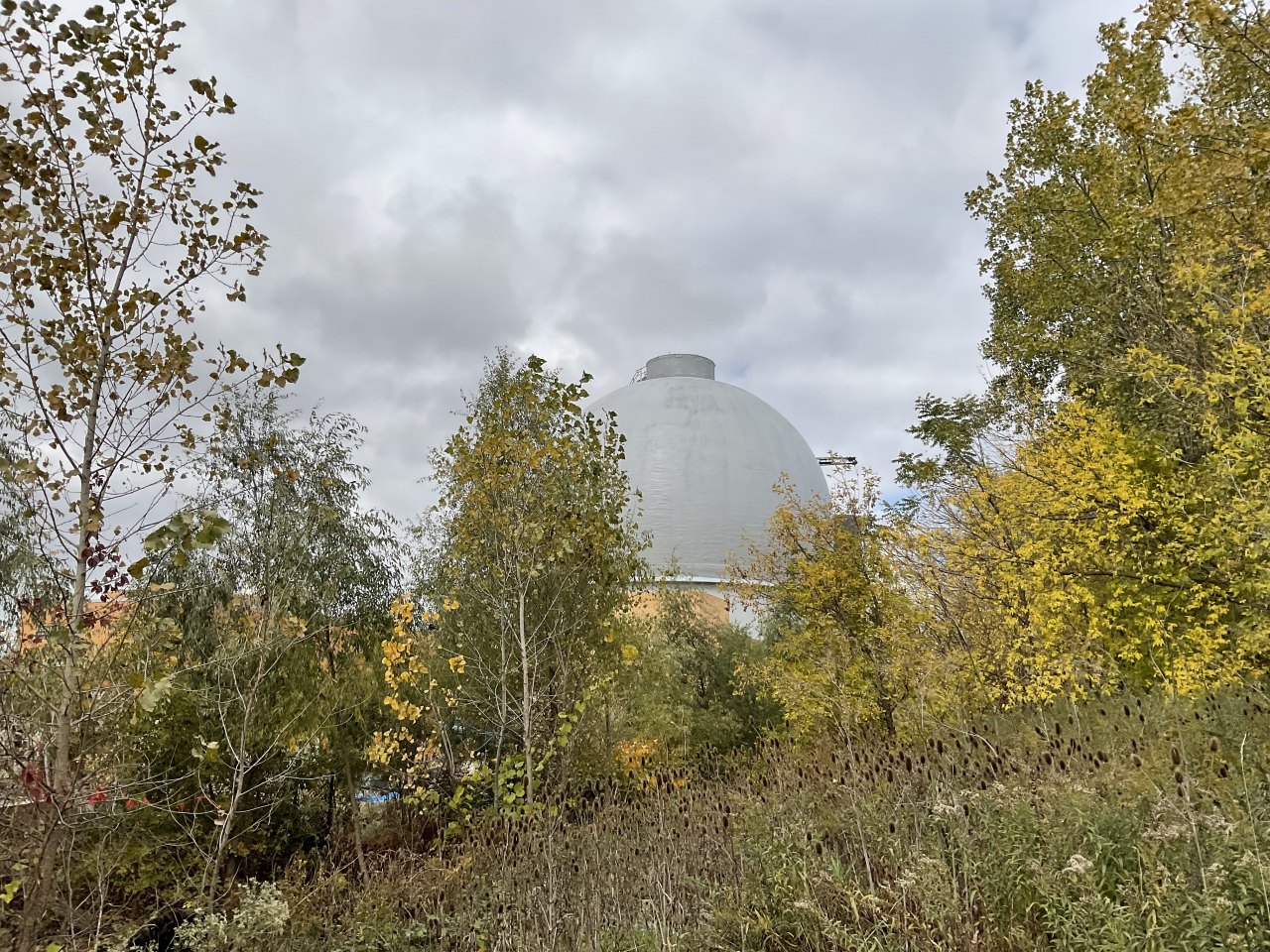
February 2, 2023 — The Holland Area Water Reclamation Facility (WRF) operated by the Holland Board of Public Works (HBPW) received an Envision Gold rating for sustainability for an anaerobic digester project.
HBPW demonstrates a continuous commitment to getting the best out of major infrastructure. This is the utility’s second Envision rating. In 2016, Holland Energy Park was the first base load power generating plant to receive an Envision rating.
“Envision goes beyond the basic efforts of project management and development, into areas that benefit the community in a holistic way,” explained Dave Koster, HBPW General Manager. “Our goal is to bring as much value to those impacted by the project as possible.”
ABOUT THE PROJECT
This project adds an anaerobic digester for solids reduction and biogas collection, treatment and cogeneration at the Holland Area Water Reclamation Facility WRF operated by HBPW. The facility has a permitted average day capacity of 12 million gallons per day (MGD) and currently treats an average of 10 MGD of wastewater from the City of Holland and surrounding townships.
In response to reduced landfill options for dewatered solids disposal, limitations on land applications of biosolids, and limitations on the volume of solids that can be stored at the WRF, anaerobic digestion provides a more sustainable option. The anaerobic digester at the WRF is expected to reduce the amount of wastewater solids from the water reclamation process by approximately 50%.
“Options for disposing of biosolids are increasingly difficult to find and the costs are raising. The anaerobic digester allows us to address these challenges in a sustainable way,” said Joel Davenport, HBPW Operations Manager.
The digestion process reduces solids by converting a portion of those solids to biogas. The generation of this biogas in turn allows the WRF to produce electricity and heat from the wastewater being treated. The facility will treat the wastewater solids to the Environmental Protection Agency’s Class A biosolids standard, which allows many options for beneficial reuse including fertilizer. Anaerobic digestion also reduces the odor potential of the wastewater solids.
“We are excited to announce that the Holland Area WRF Anaerobic Digester project has won an Envision Gold Award for sustainable infrastructure,” said Melissa Peneycad, ISI’s managing director. “HBPW and the project partners engaged with the community to ensure its needs and goals were understood and incorporated to the greatest extent possible, and the result is a transformative development for sustainability at the Holland Area WRF that will benefit the community for many years to come. Congratulations to the entire project team on the success of this project.”
“The Envision framework digs into details that ensure that the design and construction will benefit the community for the long haul,” said Sam Bender, HBPW Water & Wastewater Process Engineer. “It is an honor to work through this process knowing that what we build today will continue to have a positive impact far into the future.”
The primary scope of the project is the anaerobic digester facility, but there are also process improvements and modifications related to: the biogas utilization system; the recycle stream treatment process (with post-aerobic digester for ammonia removal); the biosolids thickening systems; odor control measures; and related site improvements. The Holland Area WRF anaerobic digester is expected to begin operation in the fall of 2023.
KEY SUSTAINABILITY ACHIEVEMENTS
Using Renewable Energy to Meet Current and Future Demand
The anaerobic digestion process generates a mixture of gases primarily consisting of methane, along with some carbon dioxide and hydrogen sulfide. When these gases are captured, treated, and utilized, they are called biogas, a renewable energy source. This project includes a 550-kilowatt (kW) Combined Heat and Power (CHP) unit that will simultaneously produce heat and electrical power. A biogas boiler will also produce heat during CHP downtime. The project is expected to yield enough biogas to meet 100% of its energy needs over the 20-year life of the project. In addition, it will generate an additional 65,000 MMBtu annually that will be utilized by other parts of the WRF.
Demonstrated Leadership Commitment to Sustainability
Through strategic planning and the Holland Community Energy Plan, the HBPW and City of Holland have made strong commitments to the social, environmental, and economic sustainability of the Holland community. This commitment has been extended to the project and project team through a corporate commitment to plan, design, and construct the anaerobic digester facility in accordance with community sustainability objectives and the Envision framework.
Stakeholder and community input were taken into consideration given the WRF’s central location on a major artery in North Downtown as well as the digester’s anticipated lifespan and long-term community impacts. For example, in addition to the benefits linked directly to process improvements at the WRF (e.g., reduction of biosolids volume, generation of Class A biosolids, biogas production, odor reduction), reduced waste hauling from the project will reduce truck traffic through Holland’s downtown area.
Protecting Surface and Groundwater Quality
The project team assessed potential impacts to surface and groundwater quality and will mitigate these concerns. The facility’s Stormwater Pollution Prevention Plan will be used as a tool to reduce risks by incorporating monthly inspections and quarterly visual assessments. Construction will be closely monitored through a soil erosion and sedimentation control plan which includes weekly inspections.
After the anaerobic digestion process, Post-Aerobic Digestion (PAD) will be used to increase volatile solids removal and reduce odors. The PAD process will also reduce ammonia and phosphates released as part of anaerobic digestion and remove nutrients that would otherwise need to be treated.
Due to this project, lime addition will no longer be required for biosolids stabilization at the WRF. Lime is a potential pollutant and historically hydrated lime slurry has been utilized at the WRF site for alkaline stabilization of biosolids prior to land application. The new process will produce Class A biosolids through digestion, so there is no longer the need for lime to be used as part of the WRF treatment process.
Alignment with Community Goals
Several options were evaluated as alternatives to mitigate increasing solids disposal costs. Anaerobic digestion was the recommended alternative with the lowest lifecycle cost, including annual operation and maintenance costs. The new anaerobic digester process will help control rates for wastewater customers while making a positive impact on the community and environment. Residents and businesses of the City of Holland as well as portions of Fillmore Township, Holland Charter Township, Laketown Township, and Park Township stand to benefit.
The anaerobic digester was anticipated to be an imposing structure well before the design phase was completed. In consideration of the vision of Waterfront Holland, a paint color was chosen for the digester to let it blend into the natural background and “camouflage” it to the greatest extent possible.
This project also closes a gap in the City’s sidewalk network that existed south of the WRF, providing a safer tie to the Macatawa trail system. Thanks to collaboration among the Project Team, the City, the Macatawa Area Coordinating Council, and other stakeholders, a new sidewalk section will be available in an area that did not exist before.
VERIFIED SUSTAINABILITY ACHIEVEMENTS
PROJECT DETAILS AT-A-GLANCE
Envision-Verified Project: Holland Area WRF Anaerobic Digester Project
Location: Holland, Michigan
Envision Rating: Gold
Lead Envision Firm: Infrastructure Owner
Award Date: February 2, 2023
Project Partners: Holland Board of Public Works; Donohue & Associates, Inc., Engineer of Record; Davis Construction, Inc., Prime Contractor
Project Phase: Under construction
Project Delivery Method: Design-Bid-Build
For More Information: https://annualreports.hollandbpw.com/annualreport2021/wastewater/
Download the Project Profile & Award Announcement.
Additional Photos:





